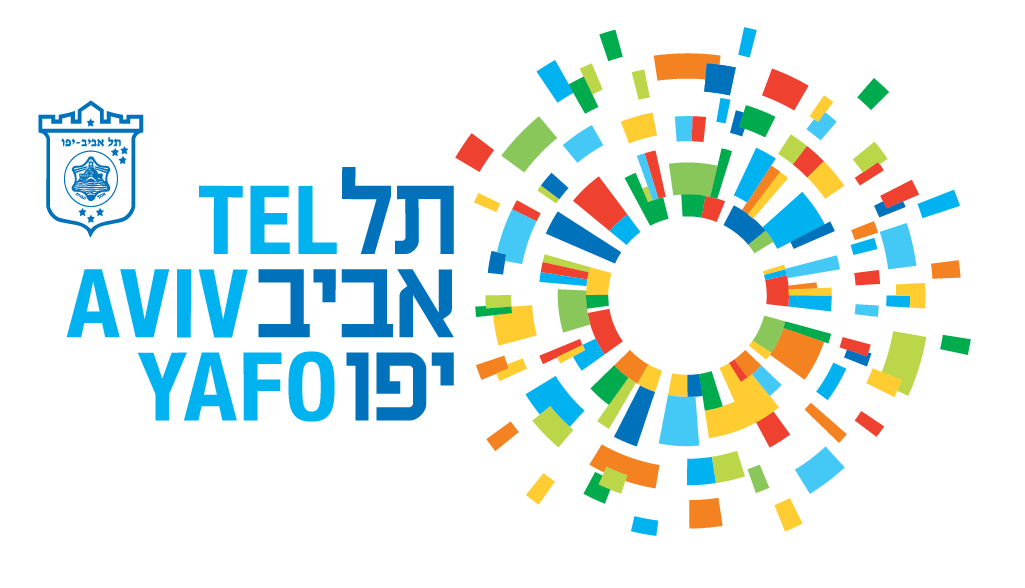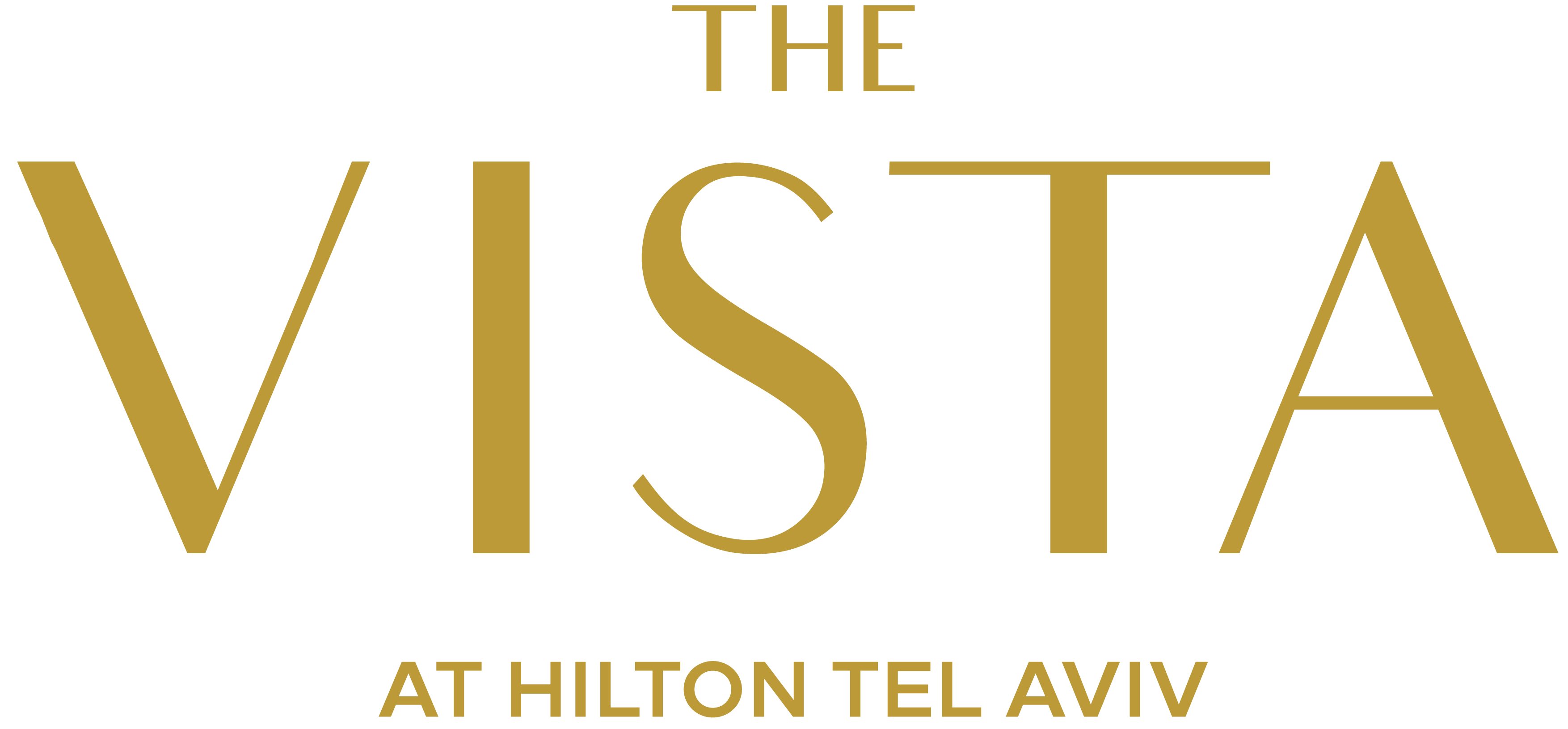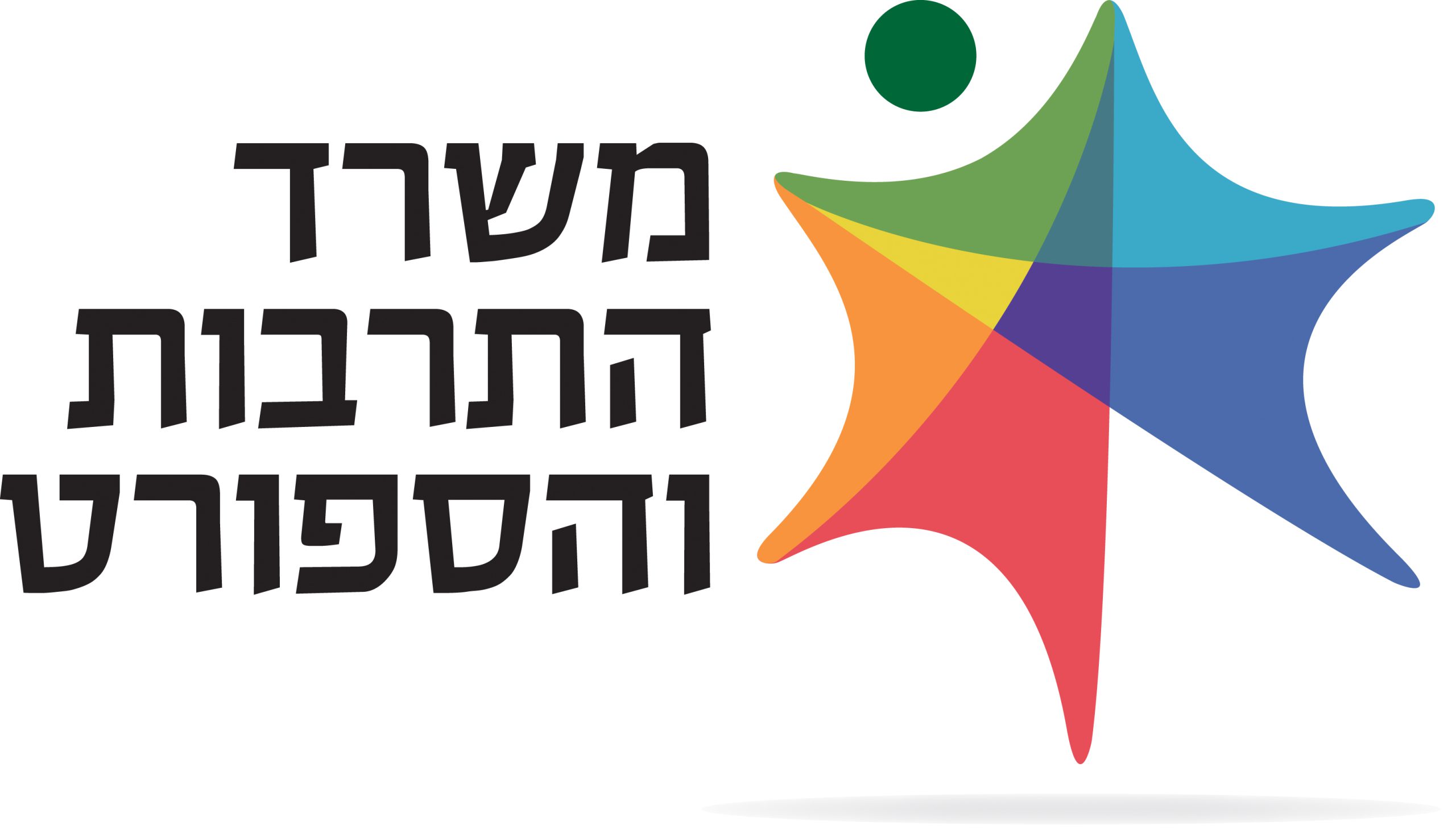A historical celebration requires a historical look. The ”End of the Jubilee Celebration” is one full of performers and works which have had a lasting imprint on the Israel Philharmonic Orchestra and Maestro Zubin Mehta.
1967 was an important year for the State of Israel, the IPO, and Zubin Mehta. When the Six Day War broke out, the young conductor – then Music Director of the Montreal Symphony Orchestra – boarded a cargo plane and came to Israel to share in days of anxiety and joy with the orchestra musicians and all of Israel. That very year, not far away in Athens, one of the most important violinists of our generation was born – Leonidas Kavakos.
Nineteen years earlier, in 1948, during the infancy of the State of Israel, Pinchas Zukerman was born. His father was a violinist and klezmer player who survived the Auschwitz concentration camp. Zukerman, a student of legendary teacher Ilona Feher, appeared with the IPO at the age of twenty (October 1968), performing Mendelssohn Violin Concerto under the baton of Warner Torkanowsky; two years later he played Bartok’s Violin Concerto No. 2 with Maestro Mehta conducting. Ever since, he has been an integral part of the Orchestra’s musical fabric.
1973 is primarily remembered as the year in which the Yom Kippur War began. But one of the most important pianists of our time immigrated to Israel from Tashkent that year – Yefim Bronfman. Three years after his arrival, Bronfman performed with the Orchestra and Maestro Mehta. From that moment forward, he has been a loyal friend of the State of Israel and the IPO. In the same year, the Shaham family returned to Israel from the US. Nine years later, their son, Gil, had already partnered with Maestro Mehta. In the years since, Gil Shaham has regularly returned to collaborate with Mehta and the IPO. As a new immigrant, Bronfman may have encountered an Israeli ”veteran” on the streets of Tel Aviv – cellist Mischa Maisky, who immigrated to Israel in 1971 after serving eighteen months in prison in a labor camp in his native Russia. Maisky, like Bronfman and Shaham, makes sure to visit to Israel regularly; the Israeli audience of music lovers keeps them loyal.
When Itzhak Perlman was born in Tel Aviv in 1945, nine-year-old Zubin Mehta was probably a fourth-grader in Mumbai. It was the legendary Sergiu Celibidache who conducted in 1964 when the young Perlman made his debut with the Philharmonic, playing a Prokofiev concerto. The first collaboration between Perlman and Mehta took place four years later.
Two important composers were already working in Tel Aviv in 1945. Ödön Partos, who led the viola section in the Philharmonic, and conductor and composer Paul Ben Haim. Although musical life in the country was still young, a “school of thought” was already beginning to develop among composers during this time. These European immigrants were writing music inspired by the concept of the ”Middle East,” while retaining their European roots.
As with any interesting celebration, those invited to participate represent a broad spectrum of styles and perspectives. Rudolf Buchbinder (born 1946) was already 27 when Evgeny Kissin was born, and 31 when Denis Matsuev was born. Together with Yefim Bronfman, this group of pianists plays concertos from the classical period (Beethoven‘s groundbreaking fifth concerto); the romantic period (Brahms‘s second concerto); and two concerti written by pianist-stars Liszt and Rachmaninoff. The lineup of exciting soloists at the festivities is further enhanced by singers Chen Reiss and Okka von der Damerau.
Text: Prof. Oded Zehavi
For further reading, please visit the concert pages on our website.
program no.1
Zubin Mehta, conductor
Leonidas Kavakos, violinist
Ben-Haim: Psalm
Korngold: Violin Concerto
Schubert: Symphony no. 9 ("The Great")
program no.2
Zubin Mehta, conductor
Pinchas Zukerman, violinist
Elgar: Violin Concerto
Beethoven: Symphony no. 7
Commemorating Isaac Stern’s centenary
program no.3
Zubin Mehta, conductor
Denis Matsuev, pianist
Mozart: Symphony no. 41, K. 551 ("Jupiter")
Rachmaninov: Piano Concerto no. 3
program no.4
Zubin Mehta, conductor
Fazil Say, pianist
Mozart: Concerto no. 23 in A major for piano and orchestra, K. 488
R. Strauss: Ein Heldenleben
program no.5
Zubin Mehta, conductor
Mischa Maisky, cellist
Rudolf Buchbinder, pianist
Partos: Concertino for String Orchestra
Schumann: Cello Concerto
Beethoven: Piano Concerto no. 5 ("Emperor")
program no.6
Zubin Mehta, conductor
Gil Shaham, violinist
Brahms: Violin Concerto
Brahms: Symphony no. 2
program no.7
Zubin Mehta, conductor
Yefim Bronfman, pianist
Mozart: Overture to The Marriage of Figaro, K. 492
Schubert: Symphony no. 3
Brahms: Piano Concerto no. 2
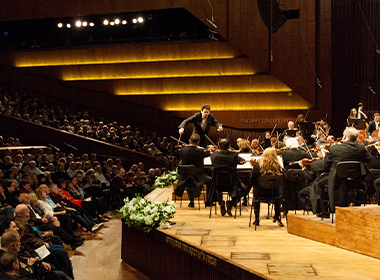

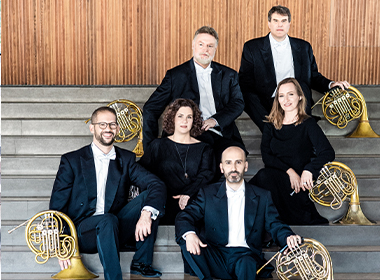





 Back to top
Back to top

